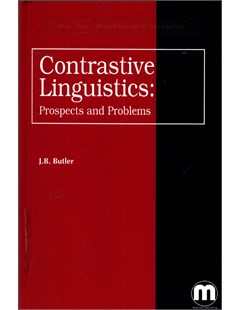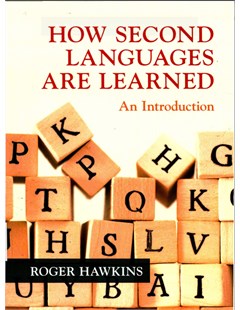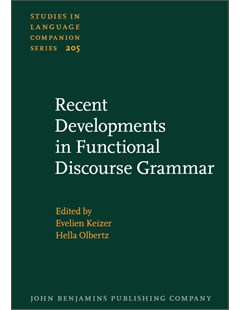Contrastive linguistics: Prospects and problems
Contrastive linguistics is a practice-oriented linguistic approach that seeks to describe the differences and similarities between a pair of languages. Contrastive Linguistics, roughly defined as a subdiscipline of linguistics which is concerned with the comparison of two or more (subsystems of) languages, has long been associated primarily with language teaching.
2017
Contrastive linguistics is a practice-oriented linguistic approach that seeks to describe the differences and similarities between a pair of languages. Contrastive Linguistics, roughly defined as a subdiscipline of linguistics which is concerned with the comparison of two or more (subsystems of) languages, has long been associated primarily with language teaching. Apart from this applied aspect, however, it also has a strong theoretical purpose, contributing to our understanding of language typology and language universals. This book features the prospects and issues of contrastive linguistics. The authors analyze the historical sources on the character of Russian statehood and the reasons for territorial expansion in the 15th – 18th centuries. The authors also analyze the functions of the Russian state as shield and bridge between Europe and Asia and its mission of preserving the balance. The book offers its analysis of the following issues: the formation of the ideology of empire as a special type of state and the Russian doctrine of autocracy; extension of territory as a geopolitical factor of Russian statehood.
Butler, J.B. Contrastive linguistics: Prospects and problems. Magnum Publishing, 2017.
 |  |  |
| Contrastive linguistics: Prospects and problems | How Second Languages are Learned: An Introduction | Recent developments in functional discourse grammar |
Thứ Sáu, 10:41 06/05/2022
Copyright © 2018 Hanoi University of Industry.